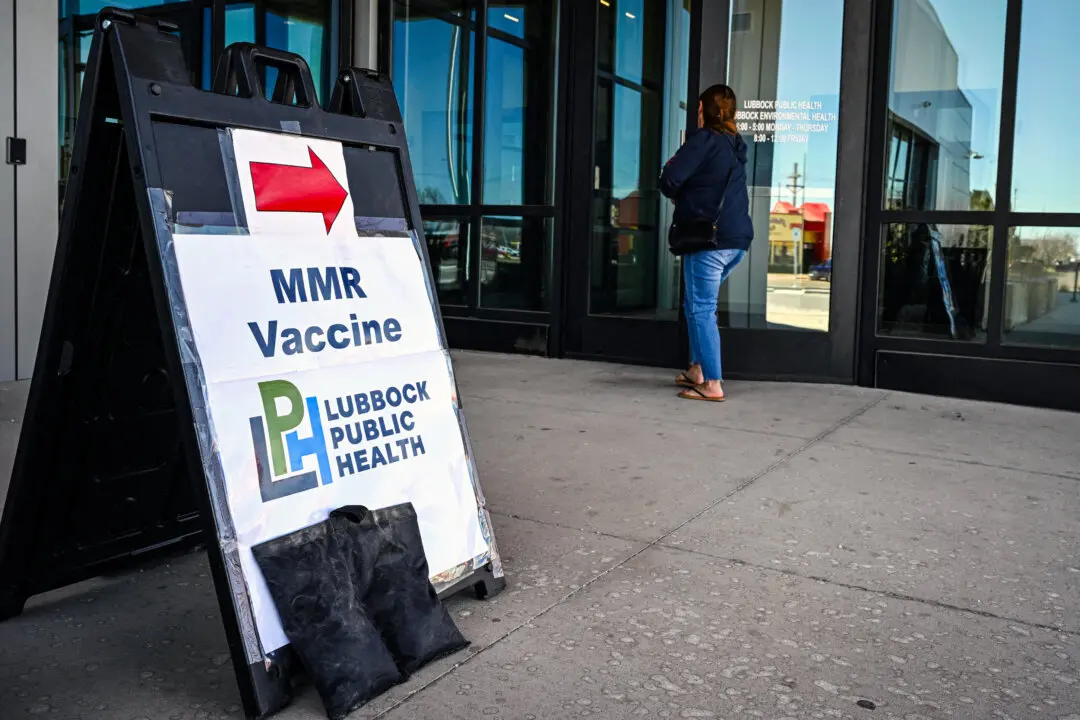Former President Donald Trump does not have to say whether the U.S. government’s list of property seized from Trump’s Florida estate is accurate, a U.S. judge ruled on Sept. 29.
An FBI official provided an updated list to the court on Monday, adhering to an order from U.S. District Judge Raymond Dearie, who is serving as special master in the Trump records case.





